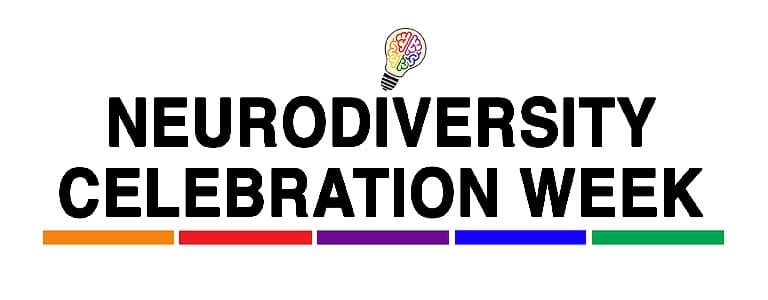The Neurodiversity Movement has gained substantial attention and recognition in recent years, with current research suggesting around one in seven people in the UK is neurodivergent (more than 15% of the population). This has also given rise to controversy over its representation which this article aims to address by moving away from the concept of medically diagnosed conditions and demystifying the concept of neurodiversity.

This garden may host a variety of flowers such as roses, daisies, and tulips among others, but despite their shared classification as flowers, each species is unique requiring distinct care and attention (diversity). While you may have a preference, it is uncommon for anyone to assert that one flower is superior to another. This analogy extends to people, as neurodiversity is about recognising and respecting neurological variations as any other human variation.
Isn’t everyone a bit neurodivergent?
It may seem that everyone exhibits some degree of neurodivergence, it's important to distinguish between occasional instances and a consistent pattern of behaviour. Neurodiversity refers to the natural variation in how people think and interact with the world, but being neurodivergent implies a distinct difference in processing information and communicating. Consider the following:
In the past two weeks, have you…
Misplaced your phone
Avoided a social situation
Chosen the same food or items
Not understood something
These experiences are not exclusive to the neurodiverse population. However, when they become recurrent, problematic, and interfere with everyday life they are symptoms. By using statements such as ‘I’m a little bit ADHD/Autistic/Dyslexic’ it perpetuates a stereotype and minimises the challenges faced by neurodivergent individuals where these occurrences are not within their control.
Has neurodivergence become a trend?
While prevalence appears to have increased, it's important not to misconstrue this as a trend. The growing number of people diagnosed or self-identifying as neurodivergent is largely attributed to heightened awareness, not a rise in prevalence. Being neurodivergent can bring many unique skills and abilities, but it's essential not to overlook the associated disparities. This includes:
Increased vulnerability to experiencing poor mental health, chronic physical health conditions, and a lower quality of healthcare than others
Co-occurrence of more than one neurodivergence and other conditions such as eating disorders, sleep disorders, PTSD, and allergies
Up to 3 times more likely to experience bullying, and physical or sexual abuse
Unemployment rates as high as 30-40%
'Neurodiversity tax' – the increased levels of debt and poor financial services treatment of neurodiverse people
More likely to experience recurring negative feedback throughout life and develop an oversensitivity towards criticism
The Neurodiversity Movement is not about being trendy; it's about recognition, understanding, and acceptance. To increase your own understanding and awareness, experience what it can be like for a neurodivergent individual in this interactive training film.
Is neurodivergence a learning disability?
There is a distinct difference between a learning disability and a learning difficulty or difference. Neurodivergent individuals can often experience learning difficulties but are also likely to possess other skills and abilities that often exceed those of the average population. For example, the Government Communications Headquarters (GCHQ) has long been recognised for its proactive approach in recruiting a neurodiverse workforce with statements such as “The impact of dyslexia on keeping us safe as a nation is rarely discussed”.
Reed in Partnership, a Disability Confident Leader, is also committed to neurodiversity and inclusion by raising awareness of the benefits and increasing Co-Member understanding though their diversity strategy.
The value of a neurodiverse workforce are many:
Teams with neurodivergent professionals can be 30% more productive than those without and make fewer errors
Organisations that hire people with disabilities inclusive of neurodivergent conditions have reported 28% higher profit revenues, along with higher rates of retention, engagement, and creativity among their workers
Exceling at critical, detail-oriented, and routine and repetitive work
Strong memory and the ability to recall information, details, and knowledge
Exhibit higher-than-average reliability and perseverance, honed through a lifetime of facing challenges and barriers not encountered by neurotypical employees
How can we create a more neuroinclusive and accepting environment?
In the right environment, neurodivergent individuals can thrive. If you identify as neurodivergent, or are supporting someone that is, these tools and resources can support towards creating a more inclusive environment that celebrates diversity:
Further learning:
Guidance and advice:
Tools and equipment:

